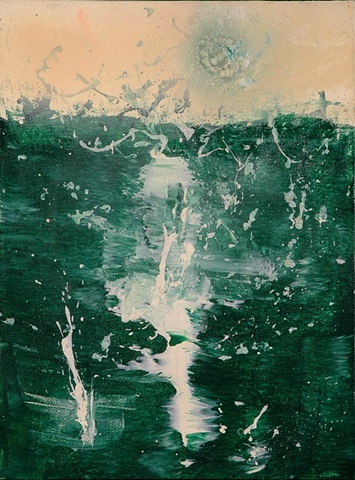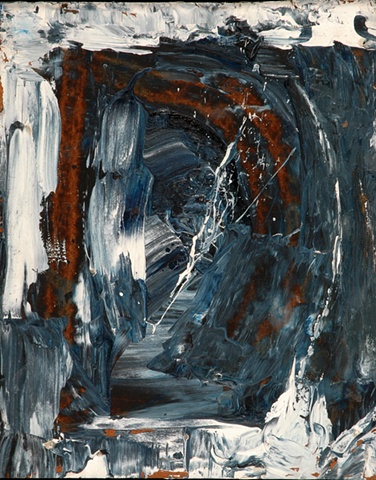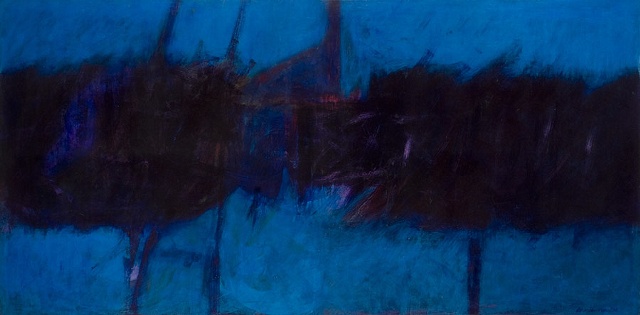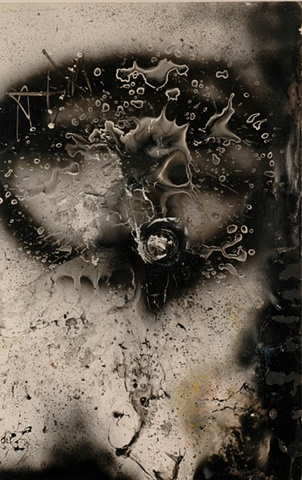Bonilla Ryan, José Roberto
José Roberto Bonilla Ryan, (Aibonito, P.R., 1947 - San Juan, P.R., 2001)
Pintor y escritor. Egresado de la Escuela de Artes Plásticas de Puerto Rico. A través de su carrera participó en más de treinta exhibiciones, la mayoría colectivas. Realizó dos exposiciones individuales. Perteneció a la segunda generación de artistas abstractos junto a Julio Suárez, Wilfredo Chiesa y Jaime Romano, entre otros. En 1969 recibió una Mención honorífica en el Certamen de dibujo de Navidad del Ateneo Puertorriqueño. En 1983 recibió una Mención honorífica de la UNESCO en San Juan. En 1995 escribió Calma aparente, ensayo principal del catálogo de la retrospectiva de Joaquín Reyes en el Museo de Arte Contemporáneo. Estudió las corrientes artísticas del siglo veinte, particularmente la de la escuela de Nueva York, influencia estética sobre su obra. Una influencia oriental se revela en algunos de sus trabajos a través de los conceptos del Zen, la contemplación y el karma.
José Roberto Bonilla Ryan, (Aibonito, P.R., 1947 - San Juan, P.R., 2001)
Painter and writer. He studied at the Institute of Puerto Rican Culture’s School of Visual Arts. Throughout his artistic career, he participated in over thirty exhibitions, mostly collectives, and held individual exhibitions on two occasions. He belongs to the second generation of Puerto Rican abstract artists, together with Julio Suárez, Wilfredo Chiesa, and Jaime Romano, among others. In 1969, he received an Honorable Mention in Drawing in the Christmas Contest at the Ateneo Puertorriqueño (Puerto Rican Arts and Sciences Association), and in 1981 and 1983 he received the UNESCO Honorable Mention in San Juan. In 1995, he wrote Calma aparente (Apparent Calm), the main essay for the Joaquín Reyes retrospective catalog for the Museum of Contemporary Art (MAC, for its acronym in Spanish). He studied the artistic currents of the twentieth century, particularly those of the New York School, and this esthetic influence marked his work. An oriental influence is revealed in some of his works through the spiritual concepts of Zen, contemplation, and karma.



